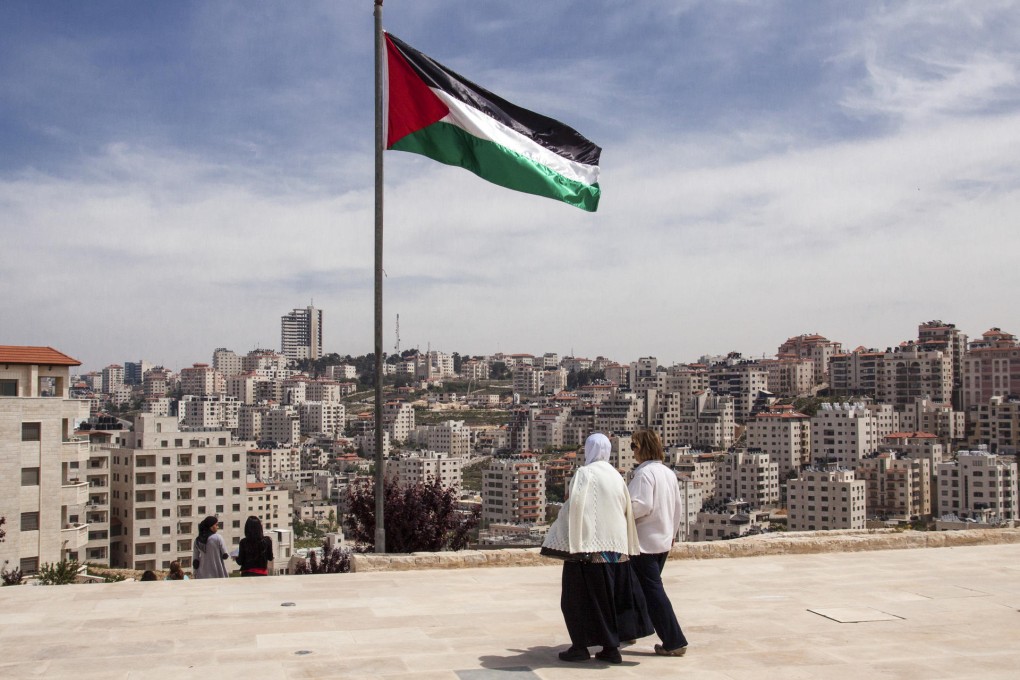Up against the wall
Palestinians in the West Bank, which is being sealed off behind a barrier, continue to live their lives in limbo. Kit Gillet looks at the reality on the ground following the collapse of the latest round of peace talks with Israel. Pictures by Kit Gillet.

Last month, the latest attempt at a Middle East peace agreement fell apart, with both Israeli and Palestinian officials blaming each other for the failure. It was another setback in a long-running saga of attempts to find a solution to the regularly flaring tension between the states of Palestine and Israel, a conflict that has been simmering for more than six decades.
Across cities and towns in the West Bank - 5,640 sq km (five times the size of Hong Kong) of landlocked territory that makes up the bulk of today's Palestine - there was a sense in the lead-up to the April 29 deadline for a peace accord in the United States-led talks that the future of Palestine as an independent state has many more downward twists to go before things can improve.
More than 60 per cent of the West Bank is directly policed by Israeli security forces, 20 per cent is controlled by a mix of Palestinian police and Israeli security forces and only 18 per cent is controlled solely by the Palestinian authorities. In some places, Palestinians have to pass through Israeli military checkpoints to visit a neighbouring village.
"People in the camps and elsewhere are continually frustrated by the peace process," says Jamal Buqeileh, a United Nations Relief and Works Agency camp services officer for Askar, one of the West Bank's 19 refugee camps. The camps house some of the hundreds of thousands of Palestinians forced from their land following the creation of the State of Israel in 1948, in what many Palestinians continue to refer to as the Nakba; the "catastrophe".
For Palestinians living in the West Bank, life can be a constant reminder of the unsettled nature of the country they reside in (in Gaza, the area of Palestine divided from the West Bank by a section of Israel, the situation is said to be even worse, with many likening the roughly 360 sq km territory to a large, well-guarded prison). In the tightly packed alleyways of the Balata refugee camp, where unemployment runs at almost 50 per cent, young men hang out on the street with little to do.
Balata, just outside the bustling Palestinian city of Nablus, has existed since 1952 and now has more than 26,000 residents (up from an initial 5,000). Four schools exist to educate the 4,000-plus children who live in the camp while one health centre treats the sick; it is open only until 3pm each day.

